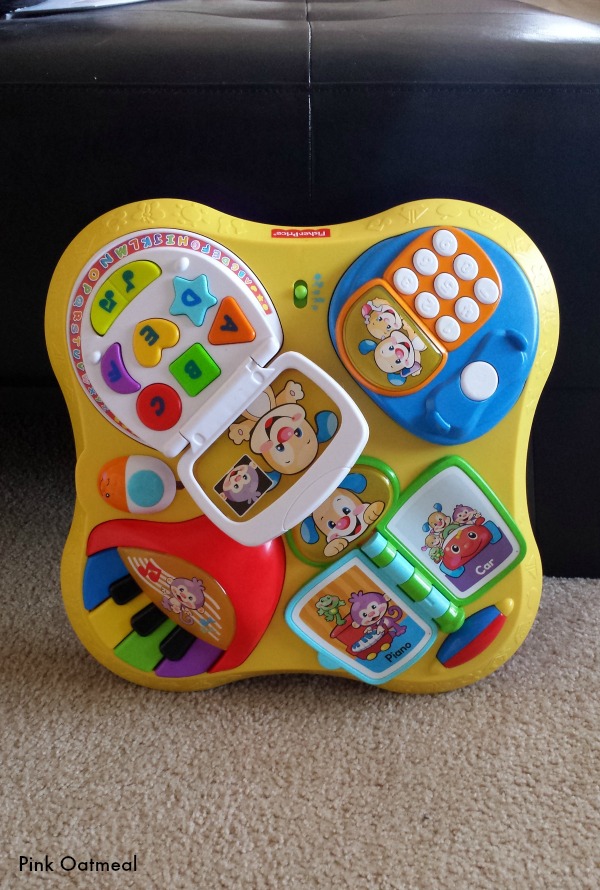


Prophylaxis can begin 1-2 days before travel to malarial areas. Due to the potential severity of the infection, a rapid- acting schizonticide such as quinine should always be given in conjunction with Doxycycline quinine dosage recommendations vary in different areas.ġ00mg daily in adults and children over the age of 12 years. Treatment of chloroquine-resistant falciparum malariaĢ00mg daily for at least 7 days. Primary and secondary syphilis:300mg a day in divided doses for at least 10 days.Ī single dose of 100mg or 200mg according to severity. When used in streptococcal infections, therapy should be continued for 10 days to prevent the development of rheumatic fever or glomerulonephritis.ĭosage recommendations in specific infections:ĥ0mg daily with food or fluid for 6 to 12 weeks.ġ00mg twice daily for 7 days is recommended in the following infections: uncomplicated gonococcal infections (except anorectal infections in men) uncomplicated urethral, endocervical or rectal infection caused by Chlamydia trachomatis non-gonococcal urethritis caused by Ureaplasma urealyticum.Īcute epididymo-orchitis caused by Chlamydia trachomatis or Neisseria gonorrhoea Therapy should be continued for at least 24 to 48 hours after the symptoms and fever have subsided. In the management of more severe infections (particularly chronic infections of the urinary tract), 200mg daily should be given throughout the treatment period.Įxceeding the recommended dosage may result in an increased incidence of side effects. The usual dosage of Doxycycline for the treatment of acute infections in adults and children aged 12 years to less than 18 years is 200mg on the first day (as a single dose or in divided doses with a twelve hour interval) followed by a maintenance dose of 100mg/day. Studies indicate that the absorption of doxycycline is not notably influenced by simultaneous ingestion of food or milk.Īdults and children aged 12 years to less than 18 years If gastric irritation occurs, it is recommended that Doxycycline Capsules be given with food or milk. The capsules should be swallowed with plenty of fluid in either the resting or standing position and well before going to bed for the night to reduce the likelihood of oesophageal irritation and ulceration. Psittacosis, cholera, meliodosis, leptospirosis, other infections due to susceptible strains of Yersinia species, Brucella species (in combination with Streptomycin), Clostridium species, Francisella tularensis and chloroquine-resistant falciparum malaria.ĭoxycycline Capsules are indicated for prophylaxis in the following conditions: Scrub typhus, travellers' diarrhoea (enterotoxigenic Escherichia coli), leptospirosis.Ĭonsideration should be given to official guidance on the appropriate use of antibacterial agents. Rocky Mountain spotted fever, typhus group, Q fever, Coxiella endocarditis and tick fevers. Doxycycline Capsules are indicated in the treatment of trachoma, although the infectious agent is not always eliminated, as judged by immunofluorescence. Since Doxycycline is a member of the tetracycline group of antibiotics, it may be expected to be useful in the treatment of infections, which respond to other tetracyclines, such as:ĭue to susceptible strains of gonococci, staphylococci and Haemophilus influenzae. Doxycycline is an alternative drug in the treatment of gonorrhoea and syphilis.Īcne vulgaris when antibiotic therapy is considered necessary. Non-gonococcal urethritis caused by Ureaplasma urealyticum (T- mycoplasma).ĭoxycycline is also indicated in chancroid, granuloma inguinale and lymphogranuloma venereum. Infections due to Chlamydia trachomatis including uncomplicated urethral, endocervical or rectal infections. Infections caused by susceptible strains of Klebsiella species, Enterobacter species.Įscherichia coli, Streptococcus faecalis and other organisms. Treatment of chronic bronchitis, sinusitis. Streptococcus pneumoniae, Haemophilus influenzae, Klebsiella pneumoniae and other organisms. Pneumonia and other lower respiratory tract infections due to susceptible strains of Infections caused by susceptible strains of Gram-positive and Gram-negative bacteria Date of first authorisation/renewal of the authorisationĭoxycycline has been found clinically effective in the treatment of a variety of 6.6 Special precautions for disposal and other handling.

4.7 Effects on ability to drive and use machines.4.5 Interaction with other medicinal products and other forms of interaction.4.4 Special warnings and precautions for use.4.2 Posology and method of administration.Show table of contents Hide table of contents


 0 kommentar(er)
0 kommentar(er)
